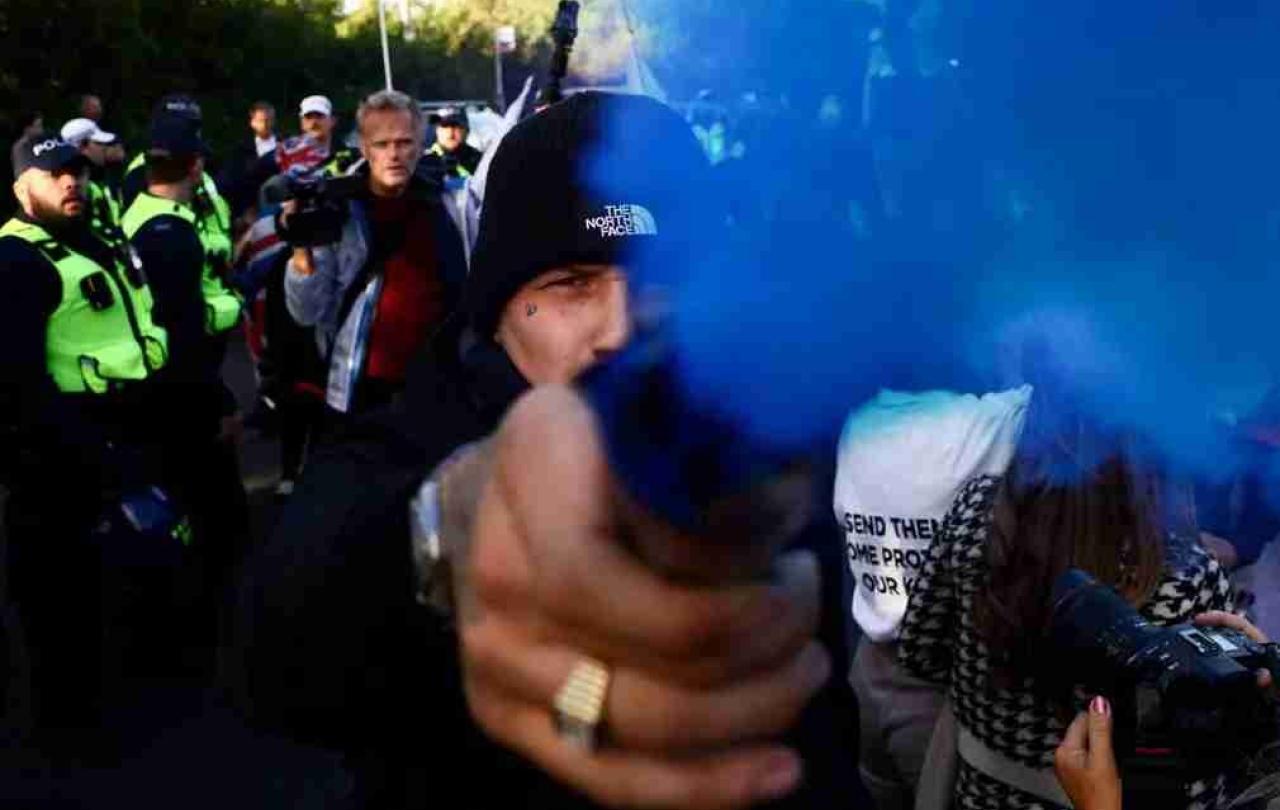Esau McCaulley is an author, public theologian and associate professor of New Testament at Wheaton College. His book 'Reading While Black: African American Biblical Interpretation as an Exercise in Hope' won numerous awards. His new memoir 'How far to the Promised Land', draws on his life and experiences to question what the American dream looks like for African-Americans.
Justin and Belle talk to Esau about growing up in Alabama, the racial divides of the past and present in the USA, what difference it makes to read the Bible through the lens of African-American experience and whether the Christian vision of reality can re-enchant the conversation on race?
- To Support Re-Enchanting: https://www.seenandunseen.com/give
- For Esau McCaulley: https://esaumccaulley.com/
- Esau's columns in the New York Times: https://www.nytimes.com/by/esau-mccau...
- For Re-Enchanting: https://www.seenandunseen.com/podcast
There’s more to life than the world we can see. Re-Enchanting is a podcast from Seen & Unseen recorded at Lambeth Palace Library, the home of the Centre for Cultural Witness. Justin Brierley and Belle Tindall engage faith and spirituality with leading figures in science, history, politics, art and education. Can our culture be re-enchanted by the vision of Christianity?





